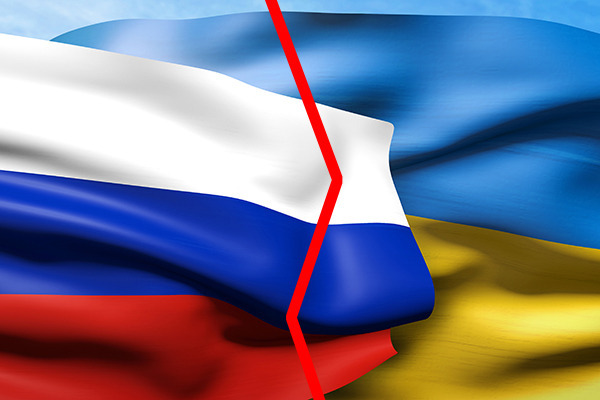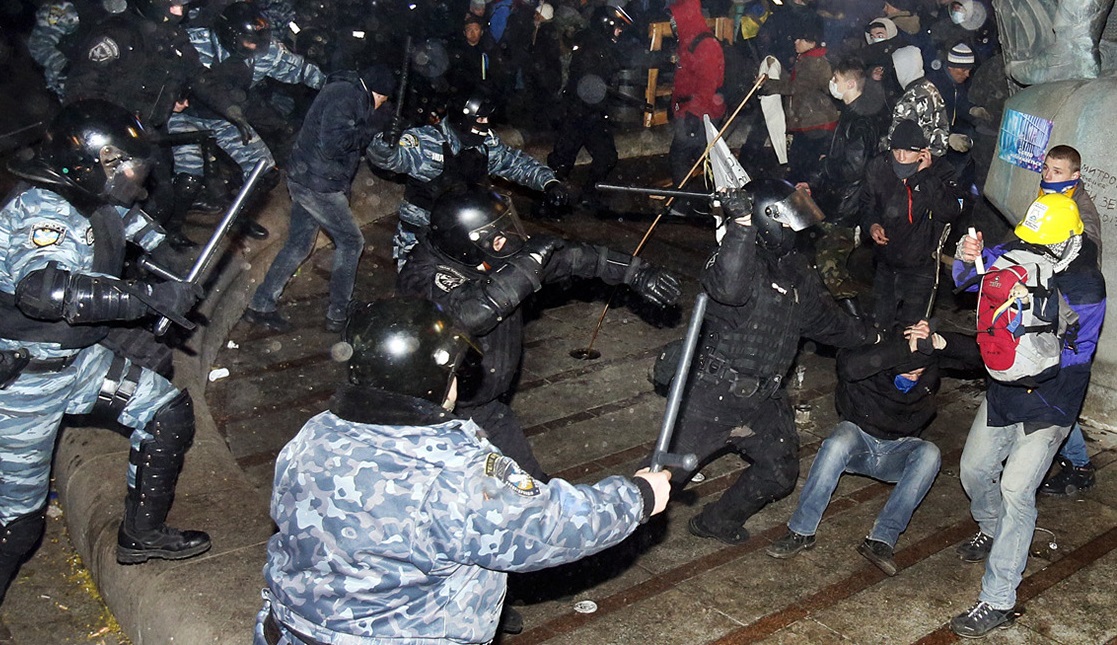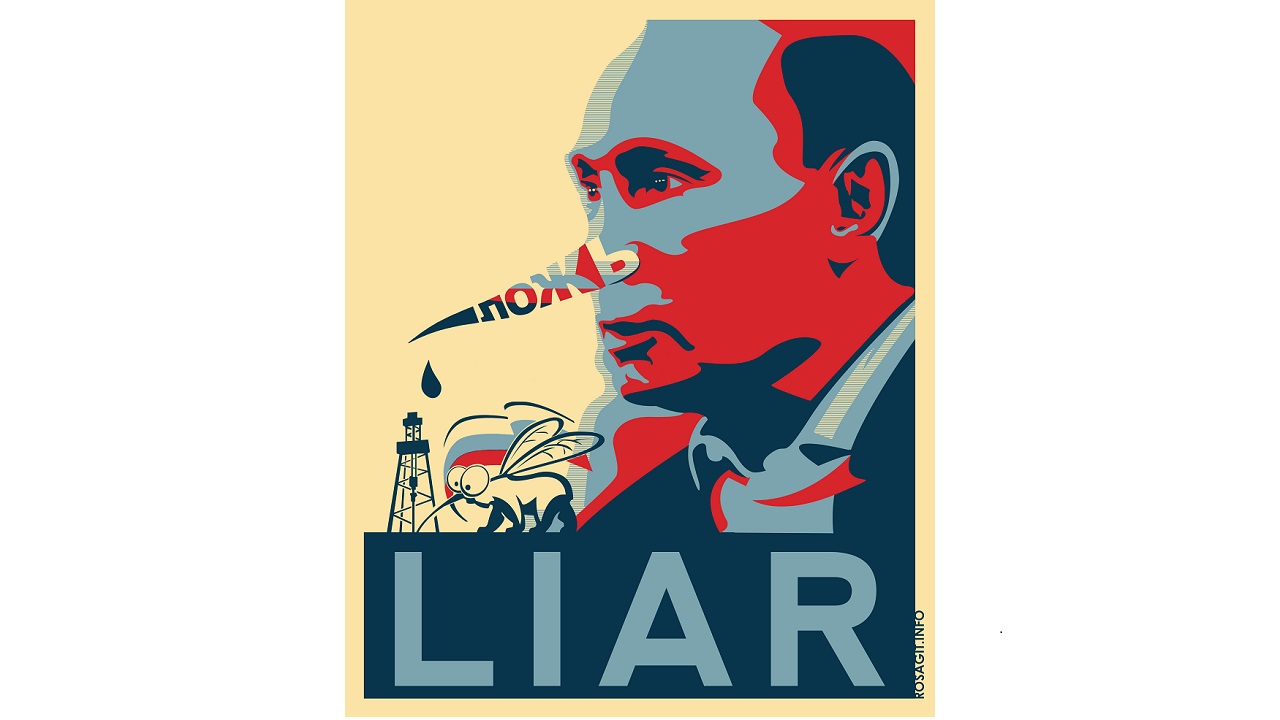Ukraine is learning to trade with Russia in a new way. Our closest neighbor, which receives about one-fourth of Ukrainian goods export, is very unhappy about the association between Ukraine and the EU. The north is threatening to suspend the CIS free trade zone agreement in regard to Ukraine.
The FTZ has always been arbitrary in many ways. The principle of ‘barrier-free trade’ was frequently violated under flimsy excuses. The Russian Federation imposed dozens of limitations on Ukrainian goods. Influential Russian companies lobbied anti-damping and protective measures against import from Ukraine. Non-tariff barriers acted in regard to agricultural goods and food: the import of goods was banned mostly under the excuse of their discordance with sanitary and phytosanitary norms.
Recently, any formalities became unnecessary: trade limitations are implemented by Moscow manually and in very short terms. But the main surprises are yet to come. After Russia’s abolition of free trade, all Ukrainian goods will be subject to import taxes. The average tax on Ukrainian goods in this case will constitute about 8%.
If Russia actively limits import from Ukraine throughout several years, it will lead to the most significant changes in Ukrainian foreign trade since the economy deregulation in the beginning of the 1990’s. I can presume it will give much stronger stimuli to structural metamorphoses in Ukrainian industry than those Ukraine would receive should it join the WTO and the creation of a FTZ with the EU.
Paradox as it is, many industrial businesses will be forced to pay attention to the EU market not because of the abolition of import taxes. The main argument will be the inability to supply goods to Russian markets.
With all due respect to the EU, its market is unable to fully absorb the goods produced by Ukrainian industries for export. The issue here is not only the quality, but the unwillingness of western governments to create competition for European producers.
This is why we need to fight for access to the Russian market, despite the animosity between the countries. Until now, any prohibitions on Russia’s part have been seen in Ukraine as objective circumstances: the government mostly never tried to protect itself. However, about 5% of trade export from Russia goes to Ukraine. And there are several painful pressure points that can be effectively triggered. For example, mechanical engineering or the food industry. We can find dozens of Russian companies who consider the Ukrainian market important, meanwhile it is possible to replace their goods with import from other countries. Ukraine should take up an aggressive position and swiftly enforce asymmetric measures which would create discomfort for Russian companies. Such ‘mutuality’ will, in a year or two, lead to the understanding that trade relations should be kept separate from political conflict.
It is also necessary to admit that we will be unable to avoid large-scale economic and social problems in connection with the closure of the Russian market. The response to these challenges should be adequate. For example, the budget should already include expenditures on social assistance for the unemployed, which will increase dramatically in the eastern oblasts of the country.
Structural metamorphoses are always painful and are tied to huge expenditures in the short-term perspective. However, the Ukrainian economy has survived numerous similar problems already. And, as experience shows, it has enough strength.








